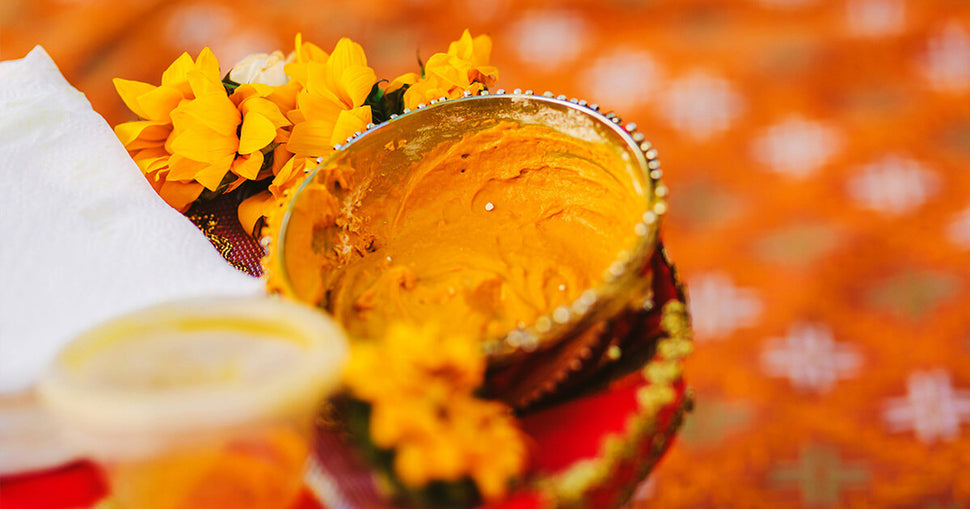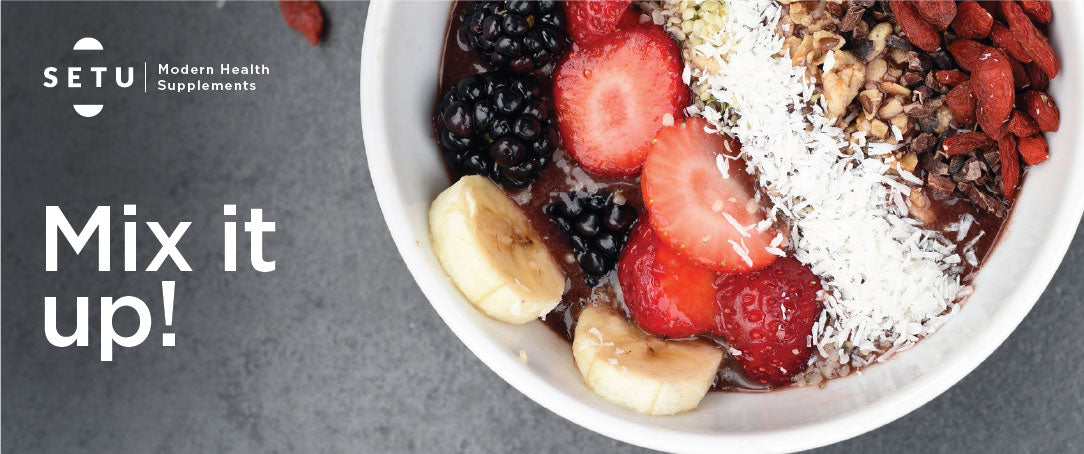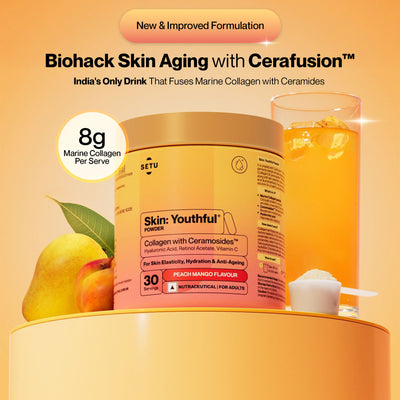5 Low Cholesterol Foods You Must Know
29 Jun 2019
Heart disease is currently the number one cause of death worldwide. The disease typically begins with hypertension or high cholesterol, and advances to heart attack, stroke or untimely death.

HEART DISEASE: A SERIOUS PROBLEM
Heart disease is currently the number one cause of death worldwide. The disease typically begins with hypertension or high cholesterol and advances to heart attack, stroke, or untimely death.
While we already know that heart disease is on the rise in developing countries, we’ve reached a point in India where almost a third of the country’s deaths are due to this disease. This is significantly higher than the global average.
To put it into context, heart disease has become prevalent enough for us to know at least one family member with hypertension or high cholesterol. In fact, we probably even know someone who has undergone coronary bypass surgery, which is the last resort.
My issue with heart disease is not that it exists. Diseases exist. They’re an inherent part of nature. My issue with heart disease is the fact that it’s preventable and yet, we’re letting it get to this stage. Why do we need to resort to cures, like statins and bypass surgery, when we can simply prevent the disease altogether?
A healthy and balanced diet is one of the best weapons you have against heart disease, and incorporating cardio-protective “superfoods” into this diet will only boost your heart health further.
Yes, “superfoods” have cultivated an impression of being fads, where the trending ingredient can only be found in an imported foods store. But, this really isn’t the case! Our local produce comprises some of the best “superfoods” available for heart health, making them both affordable and accessible to us. Here is a list of five nutrient-rich “superfoods” that you can source from your local markets. These are low cholesterol foods that can help you maintain you blood pressure and ultimately reduce the risks of heart disease.
FISH
Not only are fish a great source of lean protein, but they are also the richest source of omega-3 fatty acids. These anti-inflammatory fats lower triglyceride levels, LDL cholesterol (bad cholesterol), and even reduce the formation of blood clots in your arteries and other blood vessels. Together, this cleans and unclogs arteries, which in turn prevents heart disease.
An intake of 1 portion, 2 to 3 times a week is recommended by the American Heart Association. This can be of any fish available in the market including salmon, tuna, trout, mackerel, and cod. Most importantly, fish is easy to cook. It can be baked, steamed, grilled, and added to a curry, salad, or even some pasta.
NUTS & SEEDS
Nuts and seeds contain high quantities of poly- and monounsaturated fats, minerals, and phytosterols. How are these helpful? Unsaturated fats lower LDL cholesterol levels, minerals lower blood pressure, and phytosterols compete with cholesterol for absorption in the digestive system. Nuts are a positive dietary approach to stop hypertension.
Walnuts and unsalted almonds are among the best nuts for heart health. Ideal seeds include chia, sunflower, pumpkin, and flaxseeds. However, limited consumption of nuts and seeds is recommended, specifically one small handful a day, as the high content of monounsaturated fats also makes these foods calorie-dense. Nuts and seeds can be eaten as standalone snacks or added to granola, smoothies, salads, and soups.
DARK GREEN LEAFY VEGETABLES
These are some of your richest sources of potassium, fiber, and vitamins A, C, and K. Not only are they available year-round, they also come in a wide range of varieties (e.g. spinach, kale, arugula, amaranth greens, romaine, and leafy lettuce). These are foods to reduce blood pressure. The potassium in these vegetables helps kidneys remove sodium from the body to lower blood pressure; cohort studies have time and again shown an inverse link between potassium consumption and the risk of stroke. The fiber reduces the absorption of cholesterol in the gut while vitamins work in synergy to remove oxidizing agents and therefore preventing LDL oxidation, a major risk factor of heart disease. At least one type of these vegetables should be consumed at mealtimes. This can be as a salad, soup, sabzi, or curry.

BERRIES
Unfortunately for us, berries are seasonal fruits. But, when they’re in season, these fruits are packed with fiber, vitamin C, and biologically active substances called flavonoids. Flavonoids, along with vitamin C, are powerful antioxidants that prevent LDL oxidation, making them ideal foods to reduce cholesterol. They’re also thought to reduce the formation of arterial clots and lower blood pressure, properties which add to their cardio-protective characteristics. Types of local berries include strawberries, blackberries, mulberries, cranberries, and gooseberries. They can be consumed fresh or frozen, as a mid-meal snack, or in fresh juices, smoothies, breakfast foods or low-fat dessert.
OATS
These fiber-rich “superfoods” protect against heart disease by reducing the absorption of cholesterol. They come in many forms (regular, rolled, and steel-cut) and are easy to incorporate into a healthy and balanced diet. Oats can be eaten as porridge, muesli, poha, upma or idli. Alternatively, the same recipes can be cooked using other wholegrain cereals such as whole wheat, millet, barley, amaranth, quinoa, and brown rice.

ABOUT OUR EXPERT
Since qualifying as a nutritionist, Pankti Motani has worked as a consultant with the Institute of Tropical Medicine and the UN Development program. She specializes in public health nutrition and evidence-based policy-making in developing countries.
Skin: Renew - Glutathione - Orange Flavour
- ₹1,794
- ₹1,794
-
₹2,600 - ( 31% OFF)
Categories
- Choosing a selection results in a full page refresh.
- Press the space key then arrow keys to make a selection.
this is the sidecart












